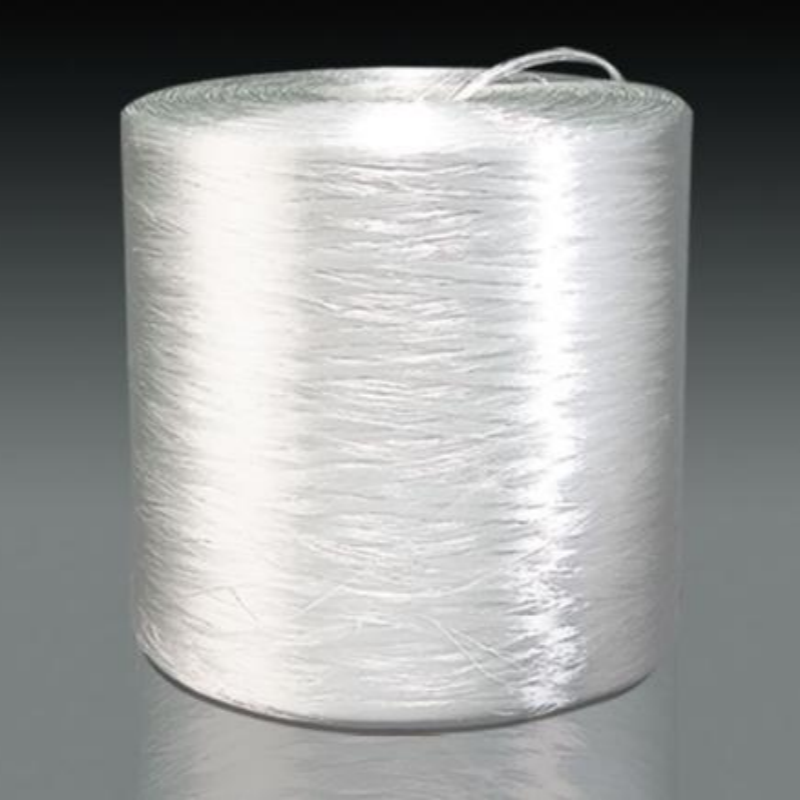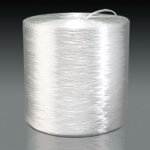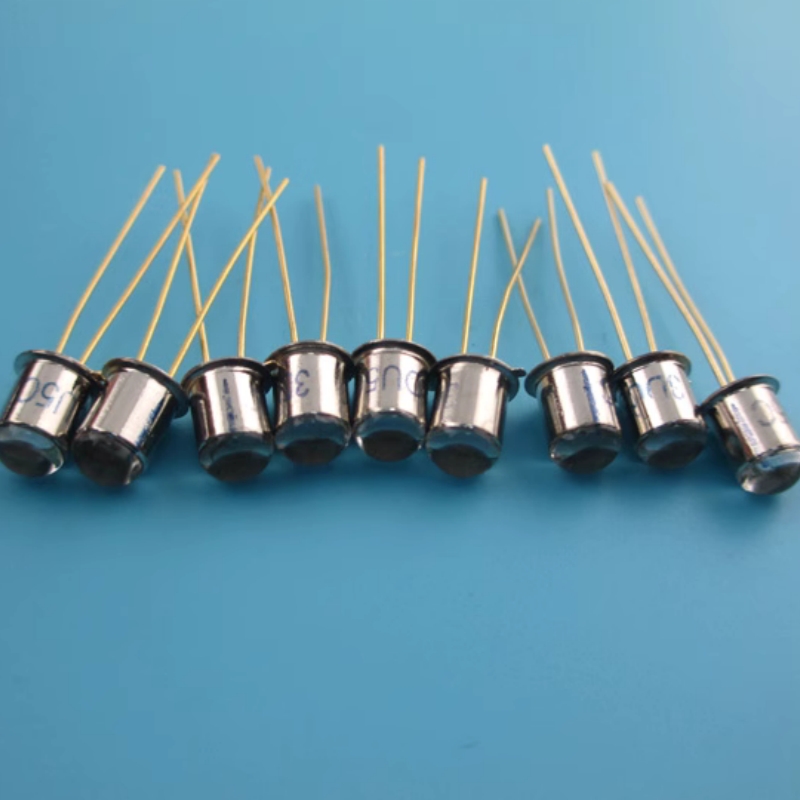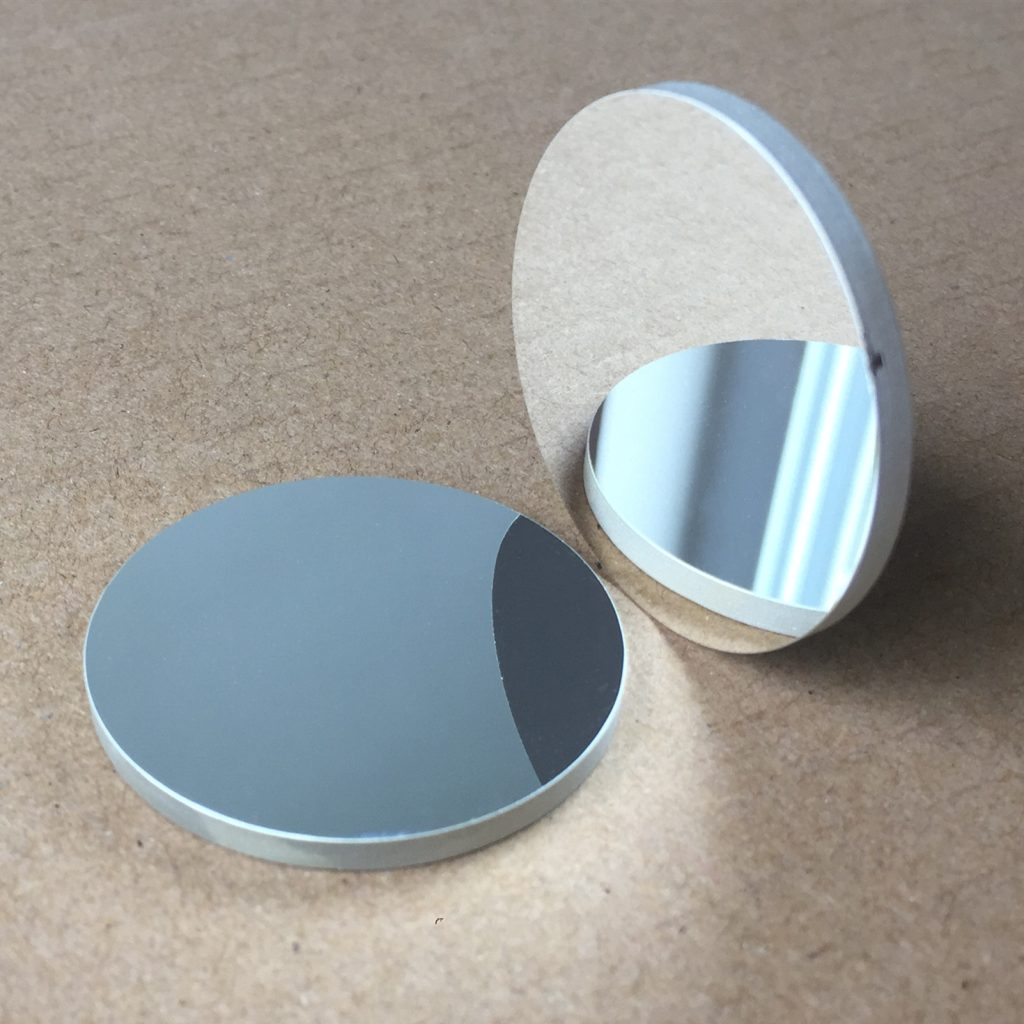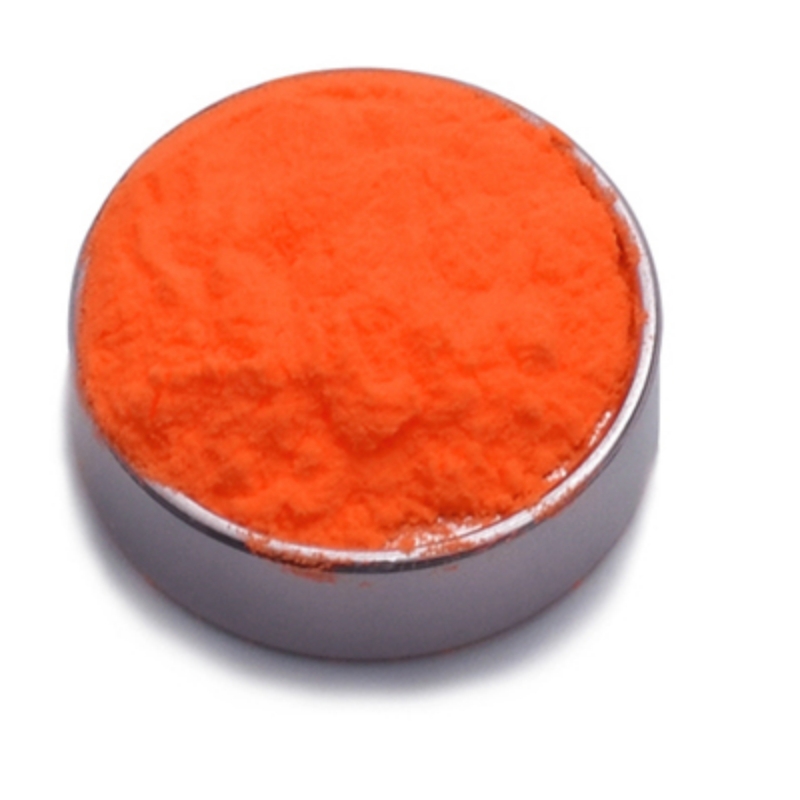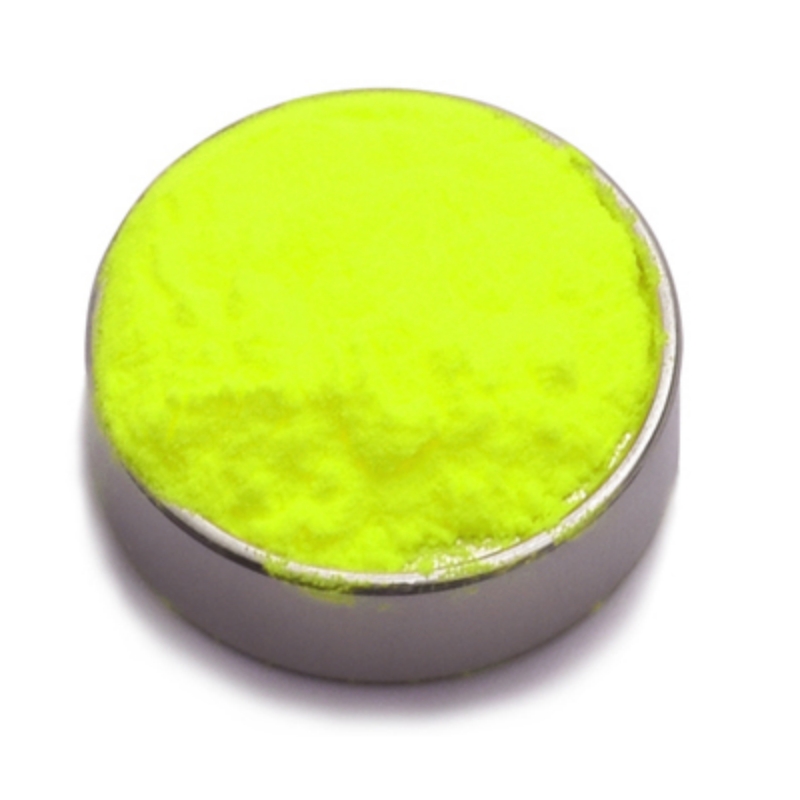Glass fiber direct yarn is a high-strength reinforcement material composed of continuous fiberglass filaments, offering excellent tensile durability, thermal resistance, and chemical stability. Engineered for precision weaving and composite manufacturing, it provides uniform filament distribution, minimal moisture absorption, and high mechanical performance. This versatile material is widely used in aerospace, automotive, marine, construction, and electronic applications, ensuring reliable structural integrity in demanding environments.
Product Overview
Glass fiber direct yarn, also known as single-ply non-twisted roving, is a continuous fiber drawn through a 2000-hole or 4000-hole die. This product features low fuzz, uniform tension, and good banding properties, making it ideal for winding and pultrusion molding processes. It is widely used with UP, VE, and EP resins. Typical applications include pultrusion rods, window frames, ladders, pipes, communication cables, tanks, woven grids, and chemically resistant grids.
Key Features
- Uniform Tension: Ensures stability and consistency during the production process.
- Good Banding Properties: The yarn is well-aligned, suitable for large-scale production processes.
- Fast Resin Impregnation: Excellent compatibility with resins, improving production efficiency.
- Low Fuzz: Reduces fiber shedding during processing, enhancing product quality.
- Good Abrasion Resistance: Provides long service life during the manufacturing process.
- Excellent Mechanical Properties: Features good tensile strength and bending resistance, making it suitable for various industrial applications.
Applications
- Winding Molding: Widely used for winding processes in the production of pipes, storage tanks, ladders, window frames, and more.
- Pultrusion Molding: Used to produce pultrusion rods, pultruded pipes, and other high-strength composite components.
- Construction Industry: Ideal for manufacturing chemically resistant grids, woven fabrics, and other construction materials.
- Cable Industry: Serves as reinforcement material for communication cables, enhancing strength and durability.
- Other Industrial Applications: Suitable for producing composite materials in industries like automotive, shipbuilding, and more.
 new material
new material

